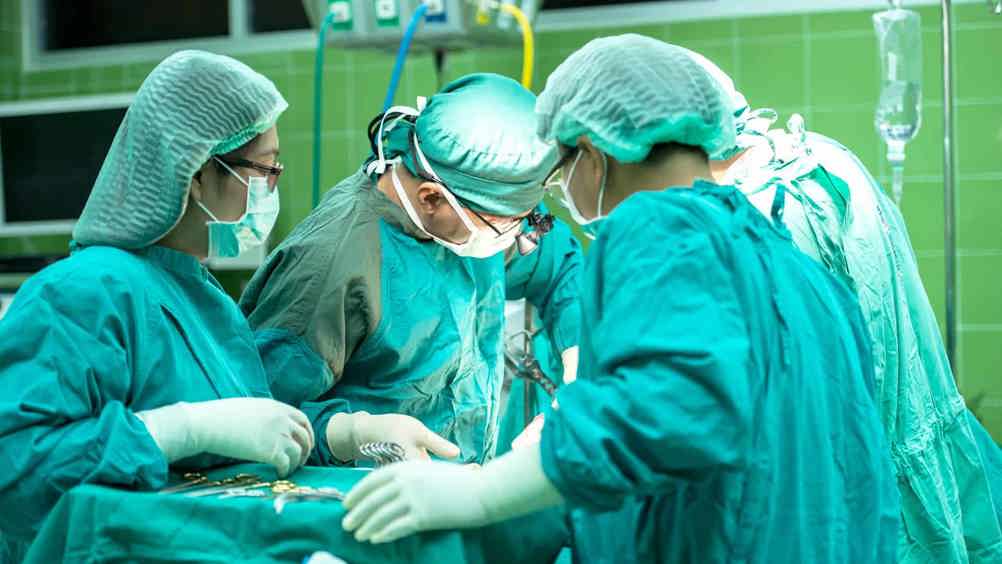£6m funding boost for UK ultrasonic surgery project
A University of Glasgow led research group has received £6.1 million of EPSRC funding to look at new ways to use ultrasonic tools for complex, robot-assisted surgery has received.

Over the course of the next five years, the ‘Surgery enabled by ultrasonics’ project, which also includes the universities of Birmingham, Edinburgh, Leeds and Southampton hope to significantly advance the surgical adoption of ultrasonic technologies.
Ultrasonic tools are already in use in surgery, but their full potential has still to be realised. The researchers will develop miniaturised ultrasonic tools relying on different principles to excite the surgical tip. Miniaturisation is possible because of new dynamic structures for the tips and emerging piezocrystal materials with much higher energy density.
The devices will be delivered deep into the human body by the tentacles of new surgical robots. This will enable minimally-invasive surgeries, offering high precision, low force, low temperature and better preservation of delicate tissue structures. Ultimately, this will allow more procedures to be carried out in outpatient clinics or with day surgery.
Margaret Lucas, Professor of Ultrasonics at the University of Glasgow said: “Many benefits will be delivered from new forms of ultrasonic tools. Traditional tools require surgeons to use high forces to cut through bone, for example, where an ultrasonic tool can be tuned to produce an effortless cut.
Register now to continue reading
Thanks for visiting The Engineer. You’ve now reached your monthly limit of news stories. Register for free to unlock unlimited access to all of our news coverage, as well as premium content including opinion, in-depth features and special reports.
Benefits of registering
-
In-depth insights and coverage of key emerging trends
-
Unrestricted access to special reports throughout the year
-
Daily technology news delivered straight to your inbox










National Gas receives funding to develop Gravitricity underground hydrogen storage system
One single rock salt mine - Winsford - has 23 <i>MILLION </i>cubic metres of void and even allowing for 10% of that void set aside for hazardous waste...